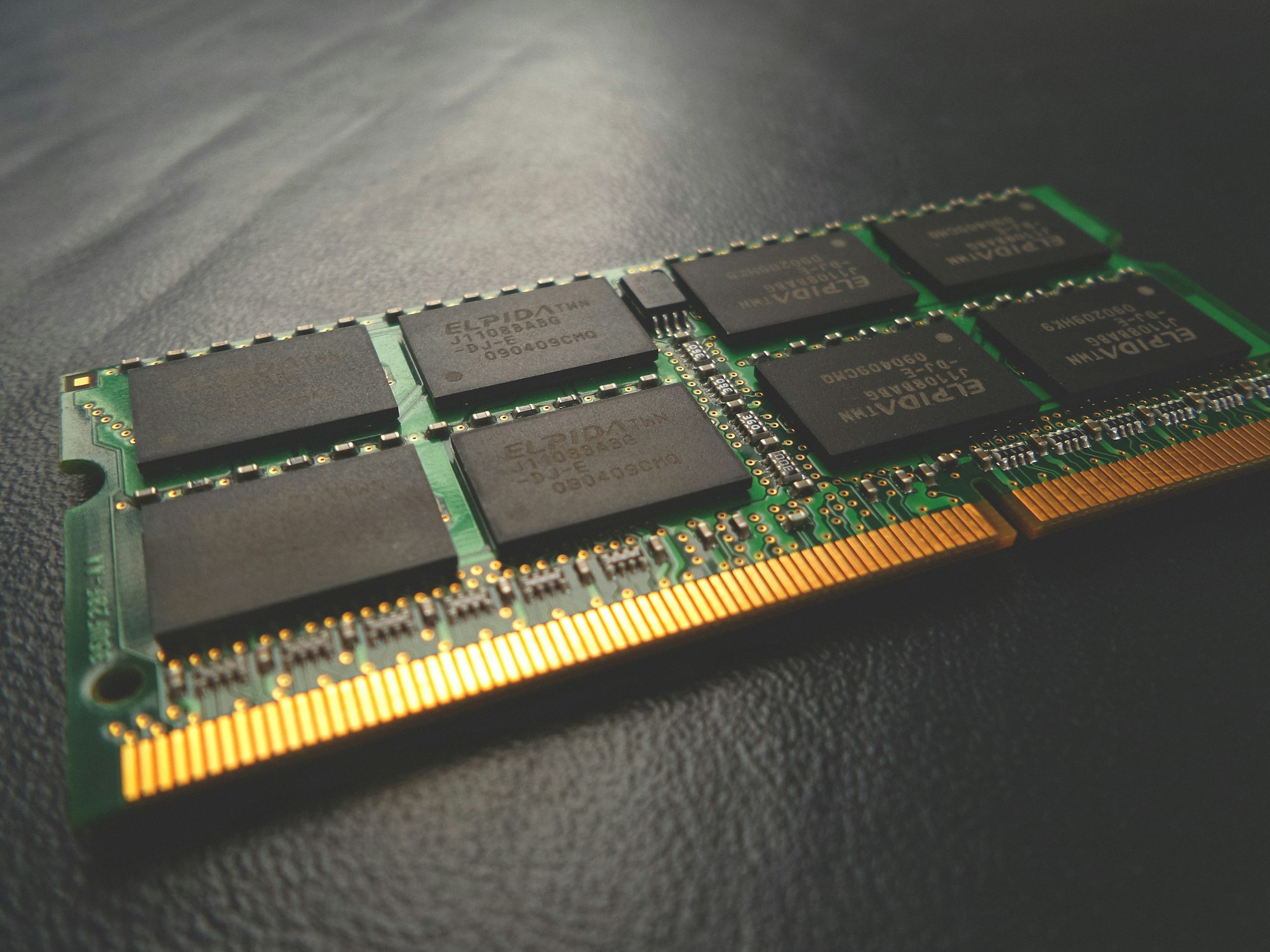ByteDance looks to Huawei chips for AI development amid U.S. sanctions
But it's facing supply and computing power constraints with the Huawei chips, reports say.
In response to ongoing U.S. export restrictions, ByteDance, the parent company of TikTok, is exploring the use of Huawei’s Ascend 910B chips to support the development of its next AI model.
Previously, ByteDance relied on NVIDIA’s H20 chips, which were specifically designed for the Chinese market to avoid earlier U.S. sanctions. But with more stringent restrictions on NVIDIA’s cutting-edge GPUs, ByteDance is increasingly looking toward domestic alternatives.
Per reports from Reuters, ByteDance had placed an order for 100,000 Huawei Ascend chips but has only received around 30,000 so far, which has created delays in its AI projects.

At present, Huawei’s chips are primarily used for inference tasks—predictive functions that rely on pre-trained AI models. However, ByteDance plans to use these chips for the much more complex task of training large-language models, which demands significantly more computational power. This shift presents challenges, as Huawei’s chips are considered less powerful than NVIDIA’s top-tier GPUs, meaning ByteDance will need to navigate potential performance limitations.
This move to Huawei chips also reflects a broader trend among Chinese tech companies, many of which are moving away from reliance on Western technology due to geopolitical tensions. As ByteDance looks inward for solutions, its plans remain confidential, reflecting the sensitivity of this adjustment. Chip shortages, coupled with computing power constraints, have already delayed the timeline for developing the new AI model.

According to reports, the upcoming model will likely be less powerful than ByteDance’s existing Doubao chatbot, which has grown rapidly since its 2023 launch, with over 10 million monthly active users.
Despite these setbacks, ByteDance continues to push forward with its AI ambitions. How quickly it can overcome these supply constraints and optimize Huawei’s technology will likely determine the success of its AI projects. The coming months will show whether this shift will allow ByteDance to maintain its competitive edge in China’s growing AI market.








